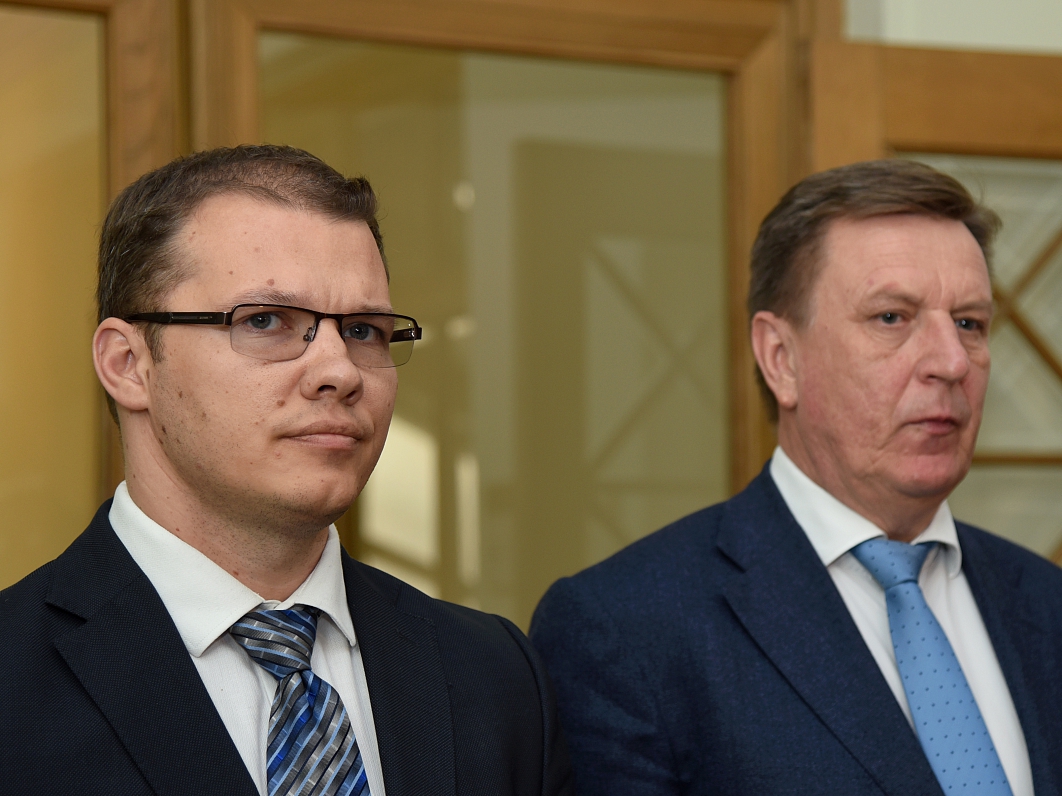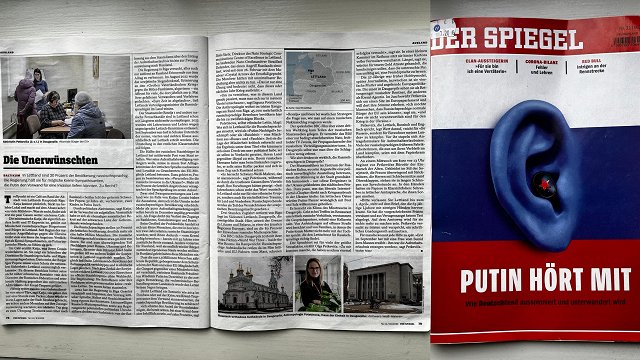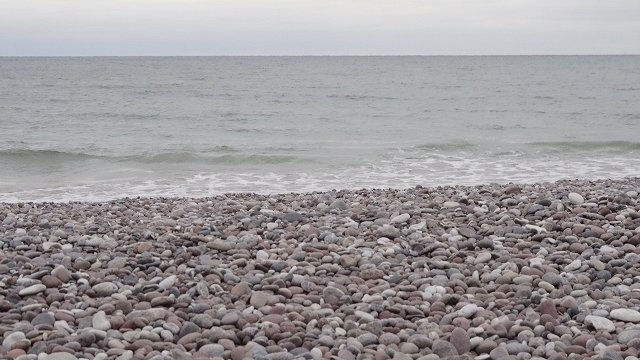Speaking on LTV's Rita Panorama current affairs show, Kučinskis said government stability was his priority as crucial autumn budget votes approach and with one of the thre parties in the ruling coalition objecting strongly to the proposals there was no point in moving forward with them.
He said: "Every problem has its own solution and its own time and at the moment the most important issues are next year's budget, the regulation of health care, and tax policy."
"We are avoiding issues that could impair government stability and our ability to adopt a budget... that is now the government's chief priority and requires a strong government," said the prime minister.
"If we've signed a coalition agreement, we must respect every partner's wishes and expect the same from the others," he added, explaining that citizenship and integration were "very complex questions."
He did not hide that the rejection of the presidential initiative was linked to the stability of the coalition, and hinted that the matter might be revisited at some future date, but it must take place "at the right time" and certainly after the adoption of the budget.
As previously reported by LSM, on 21 September the Saeima rejected an initiative by the President to grant automatic Latvian citizenship to newborns regardless of whether their parents are classed as 'non-citizens'.
The measure was opposed by the nationalist National Alliance political grouping which believes such a measure can only be considered after universal Latvian-language education is adopted in the education system.
Under present rules, all newborns have the right to citizenship. However, children born to Latvia's "non-citizens" have to specifically say they want their child to be a Latvian citizen. Non-citizens are Soviet-era immigrants to the country and their descendants who have not undergone a naturalization process.
According to the Citizenship and Migration Affairs Office, there were 242,560 non-citizens in Latvia in early 2017. Non-citizens don't enjoy certain rights - crucially, the right to vote.
However they can become citizens in a fairly simple procedure by taking the citizenship exam.
Just 52 newborns were registered as non-citizens last year as opposed to 21,545 who were registered as citizens.
The presentation below (in Latvian) gives an overview of trends in non-citizen births over the last decade.






























